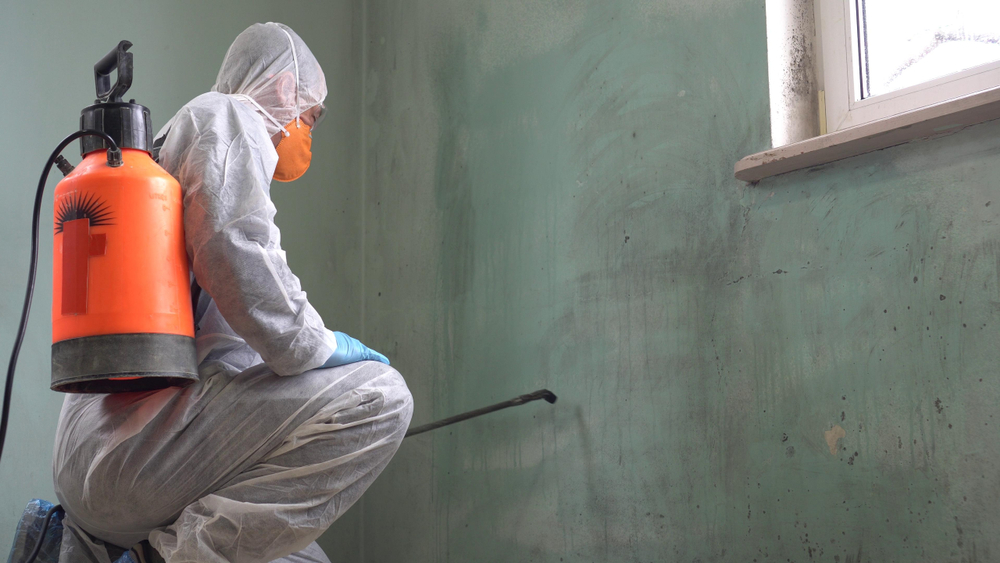Commercial mold inspection and testing are essential practices aimed at safeguarding both employee health and property integrity. Mold, a type of fungus, thrives in moist environments and can colonize various surfaces, posing significant health risks and structural damage if left unchecked in commercial settings. One primary concern in commercial spaces is the health impact of mold exposure on employees. Mold spores, when airborne, can be inhaled and trigger allergic reactions, respiratory issues, and exacerbate conditions like asthma. For businesses, ensuring a healthy indoor environment is not only a legal responsibility but also crucial for maintaining employee productivity and well-being. Regular mold inspection and testing help identify potential mold growth early on, allowing for prompt remediation measures to mitigate health risks. Moreover, mold can compromise the structural integrity of commercial buildings.

It often proliferates in hidden spaces such as behind walls, under flooring, or in HVAC systems, where moisture levels are conducive to its growth. Over time, mold can weaken building materials, leading to costly repairs and renovations. By conducting thorough mold inspections, businesses can detect moisture sources and areas prone to mold growth, preventing long-term damage and preserving the value of their property. The process of commercial mold inspection typically involves certified professionals using specialized equipment to assess moisture levels and detect mold presence. They conduct visual inspections to identify visible mold growth and use moisture meters and infrared cameras to pinpoint areas of concern. Air sampling may also be conducted to measure mold spore levels in the indoor environment, providing a comprehensive assessment of mold contamination. Testing samples collected during inspections are analyzed in laboratories to identify the types and concentrations of mold present. This analysis helps determine the appropriate remediation strategies needed to effectively eliminate mold and prevent its recurrence.
Remediation efforts may include addressing moisture issues, removing affected materials, and applying treatments to prevent future mold growth. Business owners and facility managers benefit significantly from partnering with reputable mold inspection and testing services. These professionals not only possess the expertise to conduct thorough assessments but also provide detailed reports outlining findings and recommendations for remediation. Clear communication and documentation are essential in ensuring that all parties involved understand the scope of mold issues and the steps needed to address them effectively. Prioritizing commercial mold inspection and Mold Remediation Near Me testing is crucial for safeguarding both employee health and property integrity. Proactive management of mold risks through regular inspections not only mitigates health hazards associated with mold exposure but also protects commercial buildings from structural damage and financial losses. By investing in professional mold inspection services, businesses demonstrate their commitment to maintaining a safe and healthy work environment while preserving the long-term value of their properties.